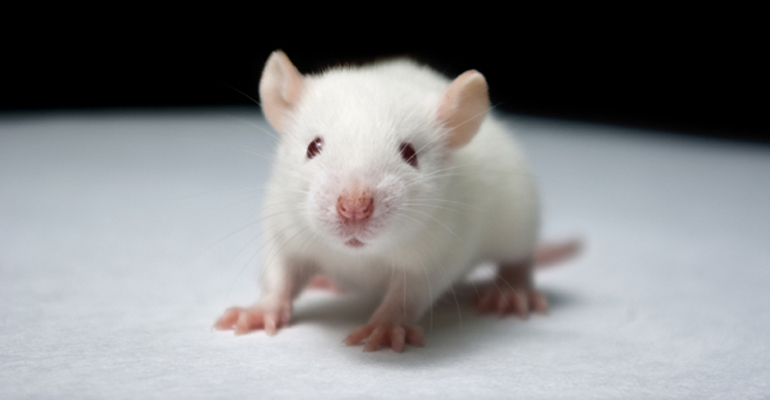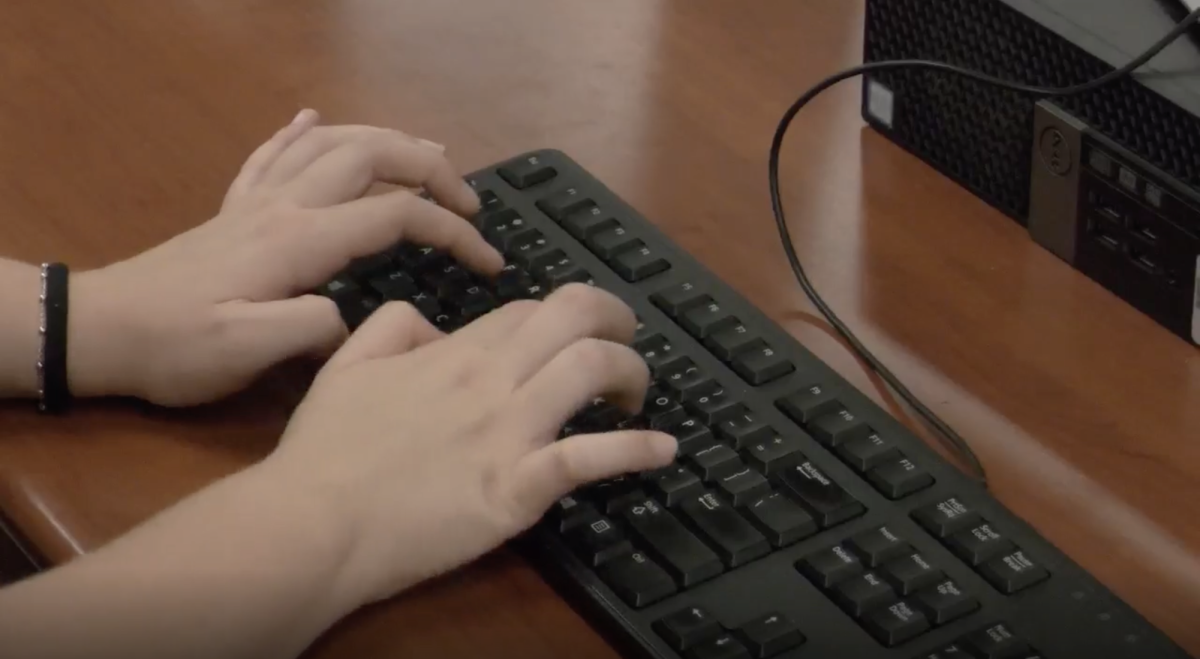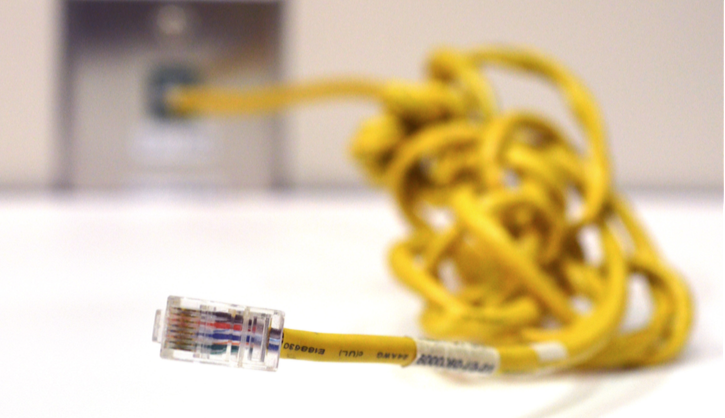A team of researchers from Mississippi and California has recently made a shocking discovery about the brain. The team’s research concluded that the brain can be rewired — a breakthrough that will likely yield long-term innovation in mental health.
According to a press release from The University of Mississippi Medical Center (UMMC), Rick Lin, professor of neurobiology and anatomical sciences at UMMC, said the team’s findings could potentially lead to effective treatment of autism spectrum disorders.
As of right now, the team has conducted its research solely on rats.
However, Lin said that the research results have proven that intense auditory behavioral training is essentially able to rewire these animals’ brains. As a result, the team immediately began to consider the finding’s possible implications regarding autism treatment.
“The particular test subjects were injected with a drug that stimulated serotonin receptors, which in turn induced autistic-like behaviors in the young rats,” Lin said as he described the premise of the research.“The rats were just not going to play with each other. Just as a child with autism prefers to play by himself, so were these animals.”
“They were also super nervous, and when we would try to excite them with noise, they would just freeze,” Lin said. “That’s not typical of a rat.”
According to UMMC professor of psychiatry and human behavior, Ian Paul, the autistic-behaving rats were then subjected to a specific set of tones and clicks that has previously been proven to initiate and sustain the brain’s overall plasticity.
Paul explained that the test rats were hearing these sounds at distorted frequencies; therefore, the rat’s reactions were not typical.
“In your brain, there are cells connected to the nerves running to the ear that respond very precisely to one particular frequency of sound,” Paul said. “It’s almost if you hear the world completely muffled. It turns out autistic kids can have the same problem.”
University of California San Francisco researcher Michael Merzenich explained that research was ultimately able to “reverse” these neurological distortions in the subjects’ brains and dramatically improve overall brain plasticity.
The conducted research spanned over the course of two months, and the nature of the training is the equivalent to about two years of a child’s life, according to Lin.
“The most amazing part, the reason why this paper is so important and can bring hope to families with autistic children, is this is the first study to ever show on the animal side that the brain can be rewired after intensive auditory training,” Lin said.
“What might be our future strategy on the human side is that we need to find a very supportive system to enforce these lessons with children.”
According to the press release, the team has said that while the implications for an innovative autism treatment is present, implementing the recent research findings into human treatment might take some time.



































